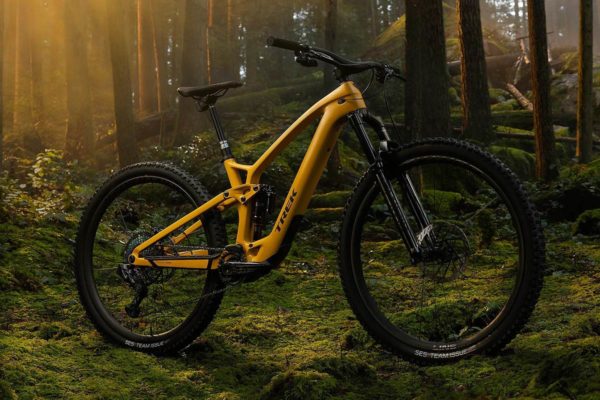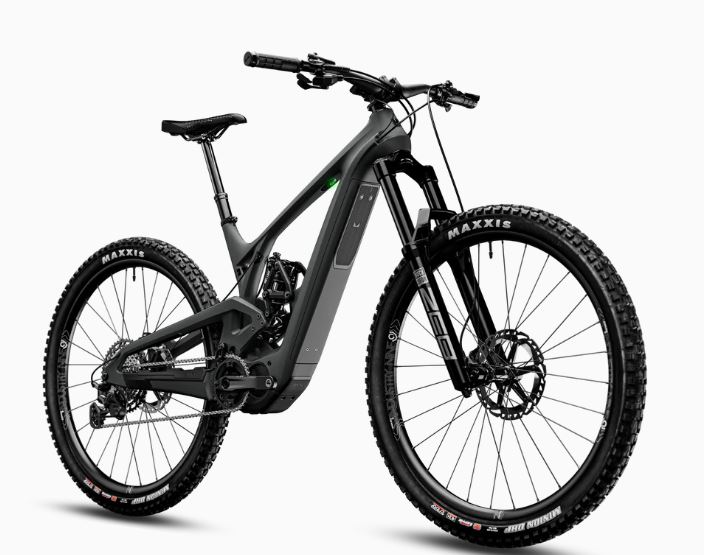Trail Power: Choosing the Right Frame Material for Mountain E-Bikes

Key Point Summary of Choosing the Right Frame Material for Mountain E-Bikes:
- Frame Material Options: The primary contenders are carbon and aluminum, each with distinct advantages for mountain e-bikes.
- Carbon Frames: Known for their lightweight and stiffness, carbon frames offer superior vibration damping, crucial for absorbing the shocks of rough terrain.
- Aluminum Frames: Celebrated for their durability and cost-effectiveness, aluminum frames provide a robust option for riders pushing the limits on rugged trails.
- Frame Strength: Essential for withstanding the rigors of mountain e-biking, where the combination of electric assist and challenging trails puts extra demands on the frame.
As the terrain shifts and the trails get steeper, the allure of mountain e-biking becomes undeniable. The surge of power at your pedals can transform an arduous climb into a moment of exhilaration. Yet, amidst the thrill, the choice of frame material for your mountain e-bike remains a pivotal decision, one that influences not just the ride quality but also the bike’s resilience against the relentless demands of off-road cycling. Drawing from years spent navigating the trails on two wheels, from the rugged descents of mountain biking to the mixed terrains of gravel and cyclocross, I’ve garnered insights into what makes a frame material stand out in the unique context of mountain e-biking.
The Carbon Conundrum
Carbon fiber, with its high stiffness-to-weight ratio, has revolutionized the bike industry. Its ability to be molded into aerodynamic and strength-optimized shapes makes it a coveted choice for mountain e-bikes. The material’s vibration-damping properties are particularly beneficial on uneven, rocky trails, offering a smoother ride that reduces rider fatigue. However, carbon’s Achilles’ heel is its vulnerability to impact damage. While advancements have made carbon frames more resilient than ever, the potential for cracks or damage from a hard hit or crash remains a consideration, especially when venturing into remote or challenging terrain.
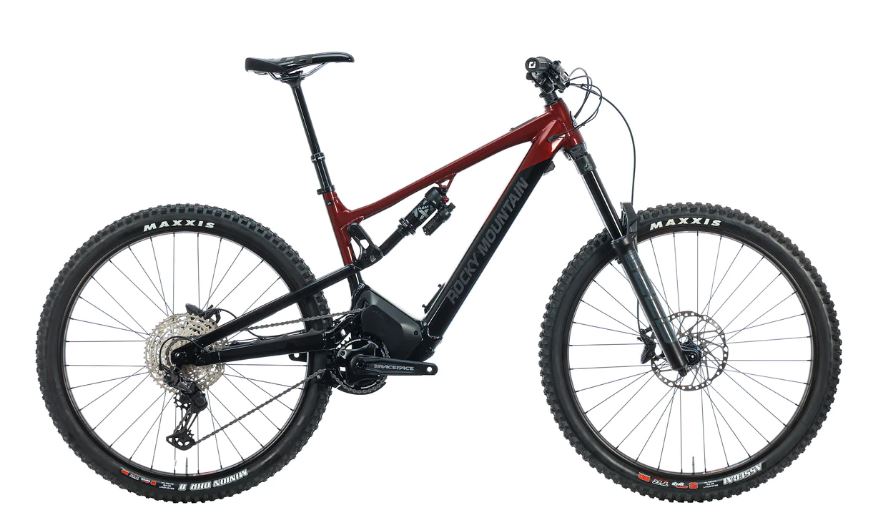
The Aluminum Advantage
Aluminum, with its inherent strength and more forgiving price point, provides a compelling alternative. The material’s resilience to impacts and overall durability makes it a wise choice for the rough and tumble of mountain e-biking. While aluminum frames may carry a weight penalty compared to their carbon counterparts, modern manufacturing techniques have narrowed the gap, producing aluminum frames that are both light and lively. The added weight can even contribute to a more planted feel on descents, an attribute that some riders may appreciate on technical sections.
Weighing the Options: Frame Strength and Durability
When selecting a frame material for a mountain e-bike, the additional weight and forces from the electric assist system must be considered. The frame needs to not only support the rider but also house the battery and motor, all while enduring the added stress of powered acceleration and higher average speeds. Both carbon and aluminum frames can meet these demands, but the choice often hinges on the rider’s priorities: the premium ride quality and reduced weight of carbon, or the ruggedness and cost-effectiveness of aluminum.
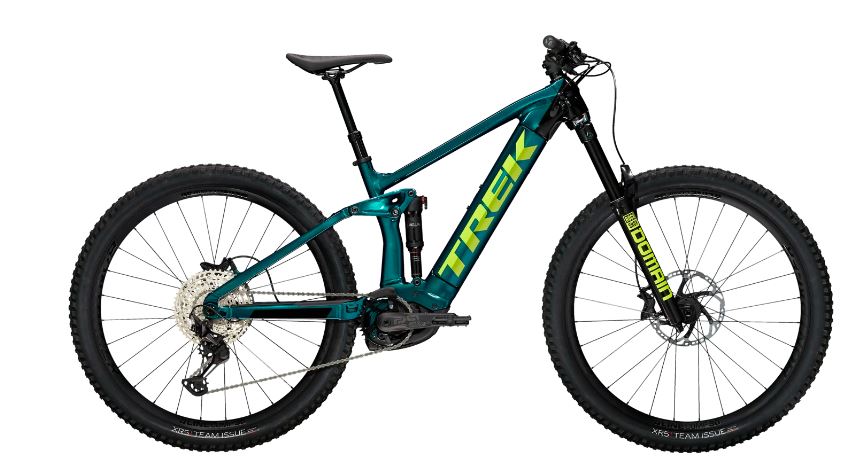
Making Your Choice
Deciding between carbon and aluminum for your mountain e-bike frame involves balancing factors such as weight, durability, cost, and the type of riding you intend to do. Carbon offers an unmatched ride quality and is lightweight, making climbs more manageable and descends swiftly. Yet, for those who prioritize durability and are perhaps more inclined towards aggressive or technical riding, aluminum stands out as a rugged and more affordable option.
In Conclusion
The journey into mountain e-biking is as much about embracing new challenges as it is about the joy of riding. Whether you’re drawn to the refined performance of a carbon frame or the steadfast reliability of aluminum, your choice will lay the foundation for countless adventures on the trails. As technology advances and the lines between these materials blur, the focus remains on finding the right balance that matches your riding style and ambitions.
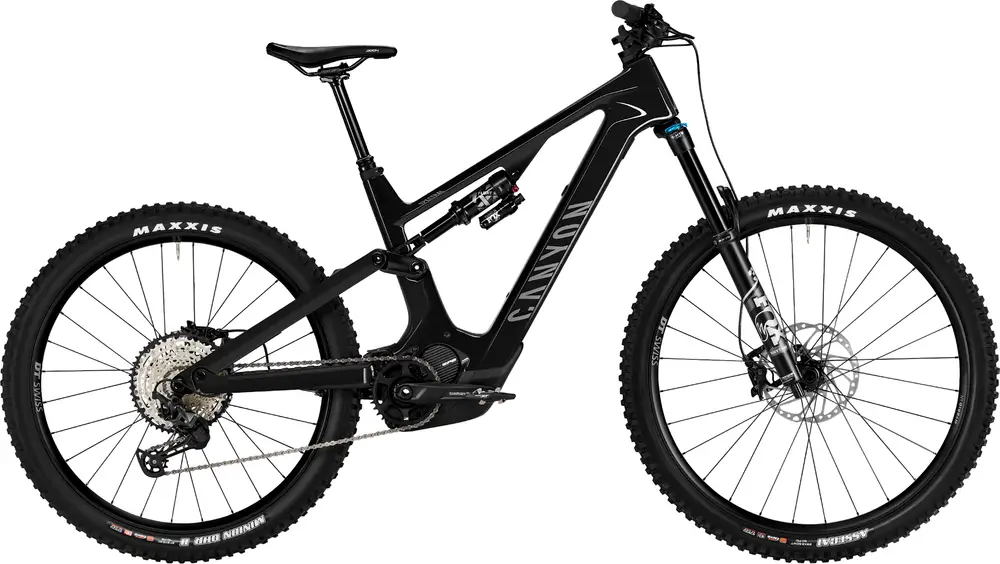
Here are some of the top electric mountain bikes known for their quality, innovation, and ability to tackle challenging terrains:
- Trek Rail 7: The Trek Rail features a powerful Bosch motor, long-lasting battery, and an advanced suspension system. It’s designed for aggressive trail riding, providing stability, control, and smooth power assistance on steep and rugged terrains.
- Giant Trance X E+: With its Yamaha motor system and well-thought-out geometry, the Giant Trance E+ excels in delivering a balanced and responsive ride. It’s versatile, capable of handling both climbs and descents with ease, making it a great all-rounder for mountain biking enthusiasts.
- Canyon Spectral:ON: The Spectral:ON combines Canyon’s trail-ready design with electric assist to create a bike that’s both fun and highly capable on technical trails. It features a powerful motor, a balanced weight distribution, and geometry tuned for e-MTB riding.
Each of these models represents the pinnacle of current e-MTB design, offering a combination of power, performance, and riding pleasure that appeals to a wide range of mountain bikers, from those seeking adrenaline-fueled descents to riders looking for assistance on challenging climbs.
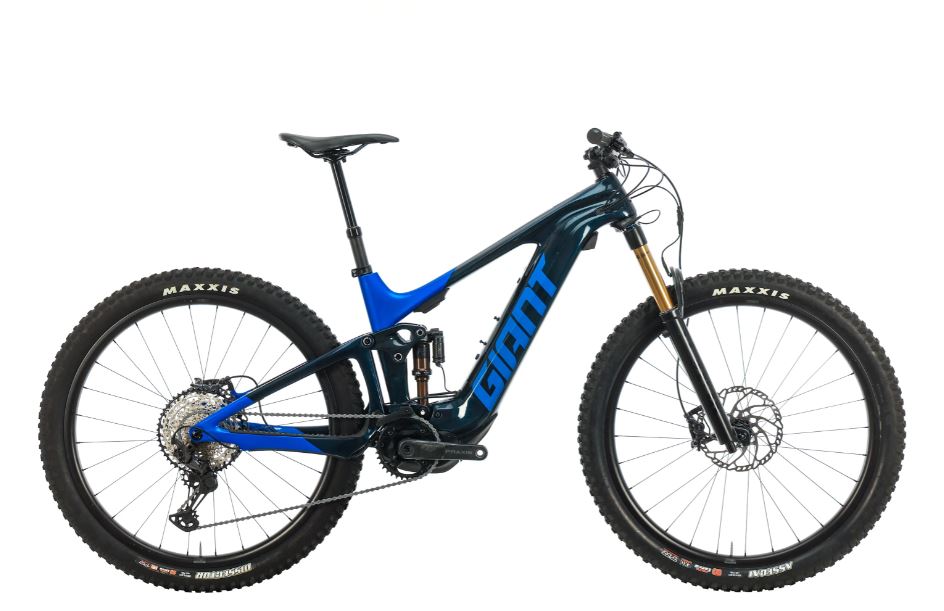
FAQ
Which frame is best for mountain bike?
Carbon fiber is often considered the best frame material for high-performance mountain bikes due to its light weight, strength, and vibration-damping properties. However, aluminum frames are also popular for their durability and cost-effectiveness, making them a great choice for a wide range of riders.
What are most mountain bike frames made of?
Most mountain bike frames are made of either aluminum or carbon fiber, with aluminum being more common due to its balance of strength, weight, and cost.
Is titanium bike better than carbon?
Titanium bikes offer exceptional durability and a smooth ride quality, but carbon bikes are generally lighter and stiffer, making them better for performance-oriented riding. The choice depends on personal preferences for ride feel, durability, and weight.
Are titanium frames lighter than aluminum?
Titanium frames are not necessarily lighter than aluminum. While titanium has a higher strength-to-weight ratio, aluminum frames can be made lighter through the use of thin-walled tubing and advanced manufacturing techniques. Titanium’s advantage lies in its durability and ride comfort rather than weight.

